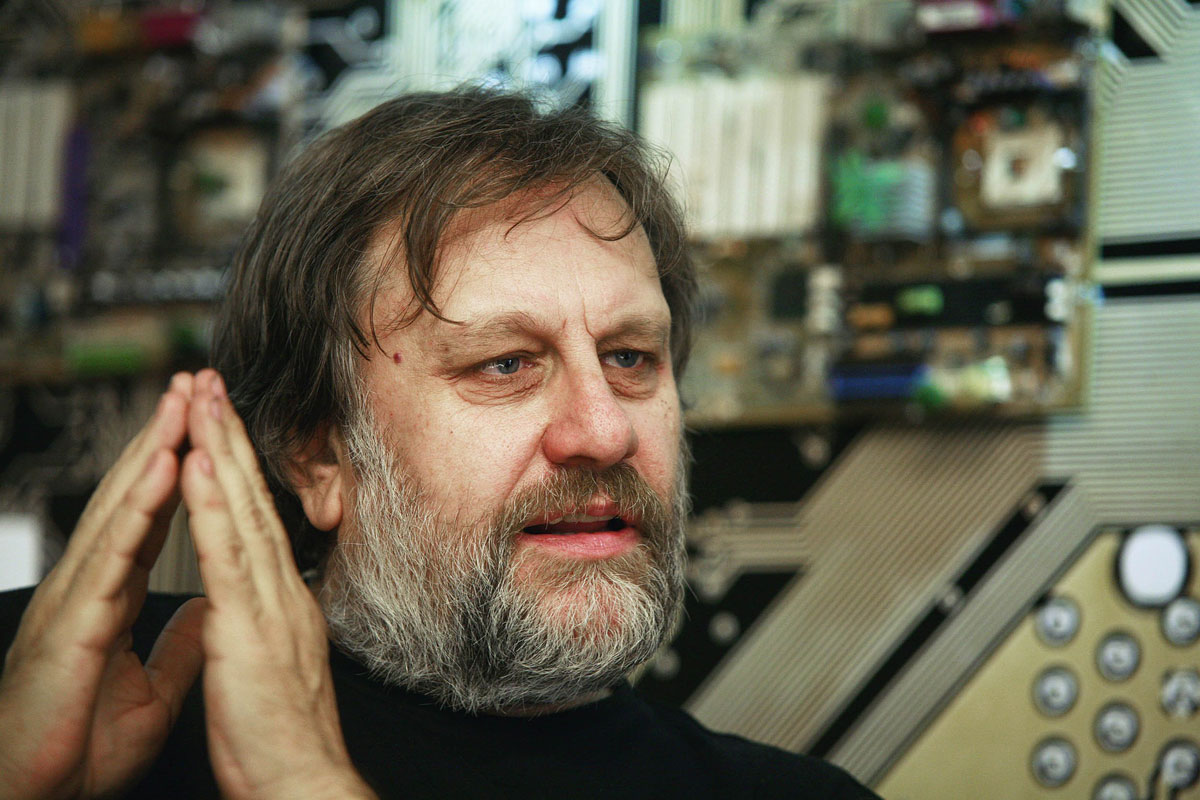

It is especially unsettling to read this simple declaration of self-possession and “presencing” of what is, without a doubt, a form of separatist “postmodern nationalism” from a philosopher whose work had until recently been part of a broader political space, that of former Yugoslavia.Īccording to the Croatian weekly Start, Žižek’s Slovenism was first articulated when the Yugoslav People’s Army tried to stop the secession of its northwestern republic and he responded with the following exclamation: “Today I have become a Slovene.” Žižek constructs this embrace of his particular brand of ethnic belonging as the direct result of a half-hearted attempt of socialist Yugoslavia to keep Slovenia part of the imploding state. This embrace of Slovene national identity seems to be at odds with the writings of the philosopher with the reputation of being one of the “hottest” post-structuralist thinkers in the West.

Slavoj Žižek’s book The Indivisible Remainder opens with a statement of national belonging: “As a Slovene”.

Slavoj Žižek, The Fragile Absolute (London: Verso, 2000). Slavoj Žižek, The Indivisible Remainder (London: Verso, 1996).


 0 kommentar(er)
0 kommentar(er)
